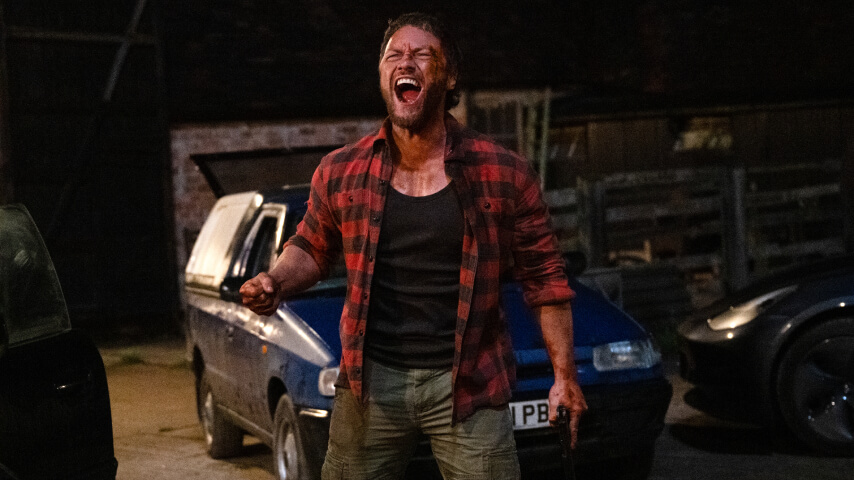Speak No Evil is a tongue-tied American remake of a Danish horror gem
James Watkins' adaptation snuffs the original’s sharp social commentary.

If you’ve been to the movies at any point this past summer, chances are you’ve encountered what’s possibly the most spoiler-heavy coming attractions preview of all time. Speak No Evil, the American remake of Danish filmmaker Christian Tafdrup’s brilliantly bleak 2022 film, candidly revealed major plot points via its own trailer, a cardinal sin for any film, let alone genre fare that’s meant to slowly build tension as unwitting protagonists slowly understand that they’ve willingly walked into a dire situation. Now that the Blumhouse project finally arrives in theaters, audiences who’ve sat through the trailer endlessly since Memorial Day will realize that there is virtually nothing left to gain from the film’s feature-length form, save for some committed central performances from actors deserving of more substantial material.
Adapted by James Watkins (the British filmmaker known for the excellent slasher Eden Lake), Speak No Evil completely eschews the original’s salient social commentary. Perhaps this is because Tafdrup’s distinctly European perspective is of little use here, even if observations about differing British and American sensibilities serve as the basis for the film’s tension. Recent London transplants Ben (Scoot McNairy), Louise (Mackenzie Davis), and their 11-year-old daughter Agnes (Alix West Lefler) embark on an Italian vacation after dad loses the opportunity that caused them to cross the pond in the first place. Exhausted of bland conversations with an uptight Danish couple that’s taken a liking to them (talk about an insulting callback), Ben and Louise are immediately charmed when they meet Paddy (standout James McAvoy) and Ciara (Aisling Franciosi), a laid-back and irreverent couple whose young son Ant (Dan Hough) is practically non-verbal. The couple explain that Ant’s tongue never fully developed, leaving him effectively mute. Despite their inability to communicate, Agnes and Ant get along wonderfully, which cements the family’s newfound bond.








![HBO teases new Euphoria, Larry David, and much more in 2026 sizzle reel [Updated]](https://img.pastemagazine.com/wp-content/avuploads/2025/12/12100344/MixCollage-12-Dec-2025-09-56-AM-9137.jpg)































